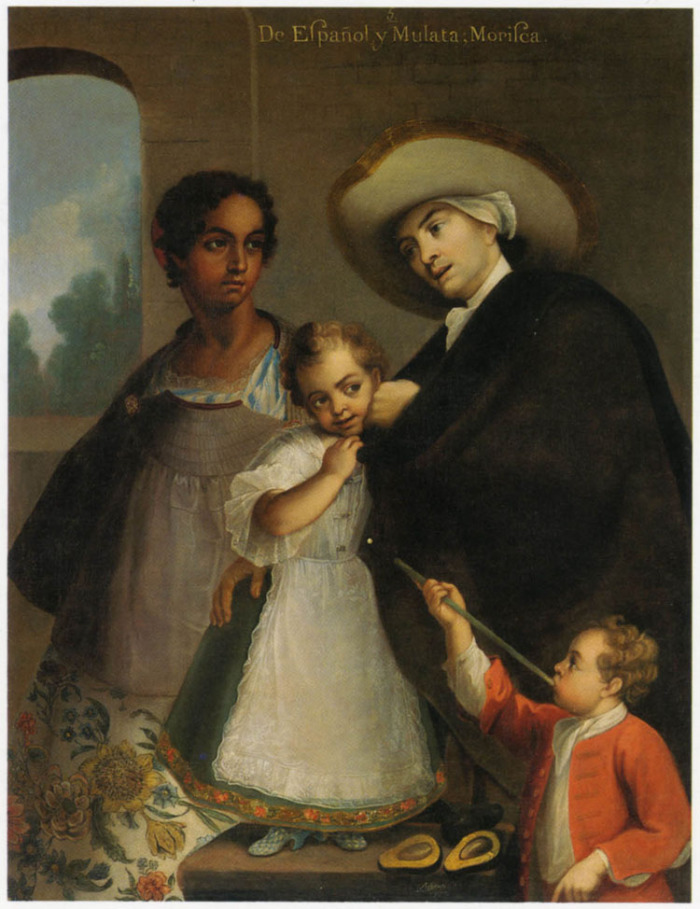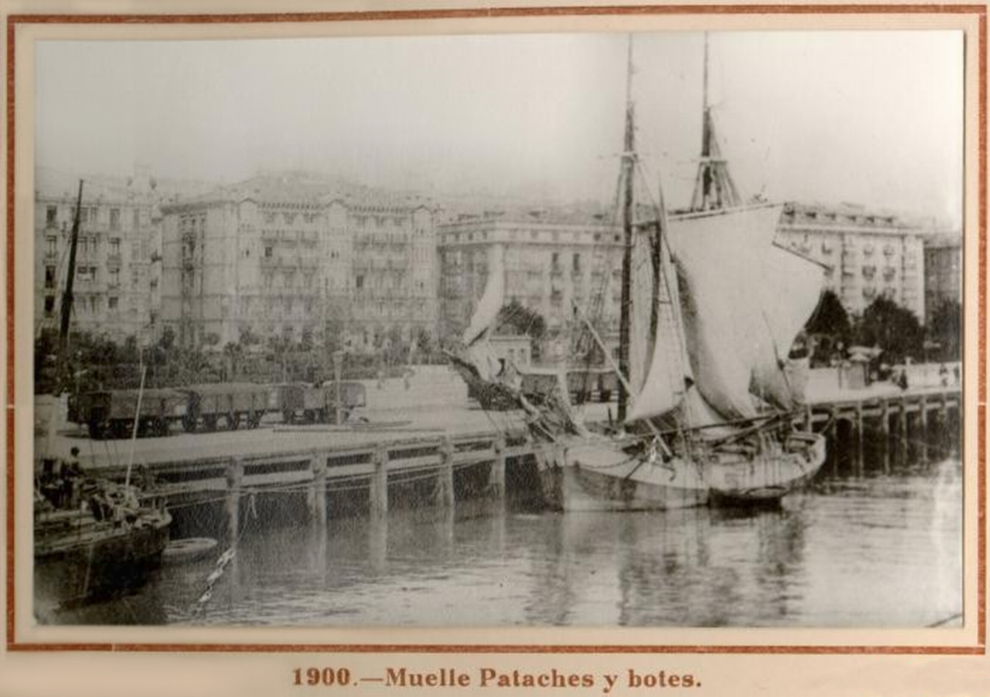|
Afro-Brazilian Literature
Afro-Brazilian literature has existed in Brazil since the mid-19th century with the publication of Maria Firmina dos Reis's novel ''Ursula'' in 1859. Other writers from the late 19th century and early 20th century include Machado de Assis, Cruz e Sousa and Lima Barreto. Yet, Afro-Brazilian literature as a genre that recognized the ethnic and cultural origins of the writer did not gain national prominence in Brazil until the 1970s with the revival of Black Consciousness politics known as the Movimento Negro. History Literature written by individuals or groups of African ancestry in the present-day nation of Brazil, it can trace its origins to the 19th century. However, oral traditions of histories and narratives can be traced back to the 16th century when African slaves were brought across the Atlantic to work in the Portuguese colonies. Written forms of Afro-Brazilian literature do not appear until the 19th century with publications by writers such as Maria Firmina dos Reis, C ... [...More Info...] [...Related Items...] OR: [Wikipedia] [Google] [Baidu] |
Afro-Brazilian
Afro-Brazilians ( pt, afro-brasileiros; ) are Brazilians who have predominantly African ancestry (see "Black people#Brazil, preto"). Most members of another group of people, Pardo Brazilians, multiracial Brazilians or ''pardos'', may also have a range of degree of African ancestry. Depending on the circumstances (situation, locality, etc.), the ones whose African features are more evident are always or frequently seen by others as "africans" - consequently identifying themselves as such, while the ones for whom this evidence is lesser may not be seen as such as regularly. It is important to note that the term pardo, such as preto, is rarely used outside the census spectrum. Brazilian society has a range of words, including negro itself, to describe multiracial people. Preto and pardo are among five ethnic categories used by the Brazilian Institute of Geography and Statistics, along with ''White Brazilians, branco'' ("white"), ''Asian Brazilians, amarelo'' ("yellow", East Asian), a ... [...More Info...] [...Related Items...] OR: [Wikipedia] [Google] [Baidu] |
A Morte E A Morte De Quincas Berro Dágua
''The Two Deaths of Quincas Wateryell'' (''A Morte e a Morte de Quincas Berro d'Água'') is a 1959 Brazilian modernist novella by Jorge Amado. It was first published in the Brazilian magazine '' Senhor''. In 2012, it was republished in English as ''The Double Death of Quincas Water-Bray''. Plot summary The book is about what happens after Quincas Wateryell, a popular bum who lives in the slums of Salvador, Bahia, is found dead one morning. Two groups of people compete over Quincas's memory: his new friends and his old family. To his family, led by his daughter Vanda, Quincas Wateryell is Joaquim Soares da Cunha, formerly an "exemplary employee of the State Rent Board." According to Vanda, her father disgraced the family by walking out on them, calling Vanda and her mother Dona Otacilia "vipers" and Vanda's husband Leonardo a "silly ass." Despite all their efforts to hide what really happened, Joaquim Soares da Cunha became Quincas, "vagabond king of the honky-tonks" and "patria ... [...More Info...] [...Related Items...] OR: [Wikipedia] [Google] [Baidu] |
Sao Paulo
SAO or Sao may refer to: Places * Sao civilisation, in Middle Africa from 6th century BC to 16th century AD * Sao, a town in Boussé Department, Burkina Faso * Saco Transportation Center (station code SAO), a train station in Saco, Maine, U.S. * SAO, the ICAO airline designator for Sahel Aviation Service, Mali * SAO, the IATA airport code for airports in the São Paulo metropolitan area, Brazil * Serb Autonomous Regions during the breakup of Yugoslavia * São Paulo, the largest city in Brazil Science * Smithsonian Astrophysical Observatory of the Smithsonian Institution in Cambridge, Massachusetts, U.S. ** Smithsonian Astrophysical Observatory Star Catalog, which assigns SAO catalogue entries * Special Astrophysical Observatory of the Russian Academy of Science (SAO RAS) Entertainment * ''Sword Art Online'', a Japanese light novel series ** ''Sword Art Online'' (2012 TV series), an anime adaptation of the light novels * Sao Sao Sao, a Thai pop music trio Other uses * ... [...More Info...] [...Related Items...] OR: [Wikipedia] [Google] [Baidu] |
Quilombhoje
Quilombhoje is a literary group of Afro-Brazilian writers formed in the early 1980s. The word "Quilombhoje" is a portmanteau of the Portuguese words ''quilombo'' (a settlement of runaway slaves) and ''hoje'' (today). It was part of a greater black identity movement internationally ubiquitous in the 20th century. Since its founding, Quilombhoje has hosted many literary and cultural activities which promote awareness of, and pride in, Afro-Brazilian heritage. History Original members of Quilombhoje, Paulo Colina, Oswaldo Camargo, Aberlado Rodrigues, and Cuti began informally meeting in bars from 1980 to 1982. They sought to promote the idea of a literary group that emphasized Afro-Brazilian literature and culture. Inspired by Cadernos Negros, Quilombhoje's purpose was to combine the literary, political, and cultural aspects of the '' Movimento Negro'' (Black Movement) in Brazil. Eventually, other authors joined the group, including Miriam Alves and Kibuko. Many of the orig ... [...More Info...] [...Related Items...] OR: [Wikipedia] [Google] [Baidu] |
Abdias Do Nascimento
Abdias do Nascimento (March 14, 1914 – May 23, 2011) was a prominent African Brazilian scholar, artist, and politician. Also a poet, dramatist, and Pan-African activist, Nascimento created the Black Experimental Theater (1944) and the Black Arts Museum (1950), organized the National Convention of Brazilian Blacks (1946), the First Congress of Brazilian Blacks (1950), and the Third Congress of Black Culture in the Americas (1982). Professor Emeritus, State University of New York at Buffalo, he was the first Afro-Brazilian member of Congress to champion black people's human and civil rights in the National Legislature, where in 1983 he presented the first Brazilian proposals for affirmative action legislation. He served as Rio de Janeiro State Secretary for the Defense and Promotion of Afro-Brazilian People and Secretary of Human Rights and Citizenship. While working as curator of the Black Arts Museum project, he began developing his own creative work (painting), and from 1968 o ... [...More Info...] [...Related Items...] OR: [Wikipedia] [Google] [Baidu] |
Quadroon
In the colonial societies of the Americas and Australia, a quadroon or quarteron was a person with one quarter African/ Aboriginal and three quarters European ancestry. Similar classifications were octoroon for one-eighth black (Latin root ''octo-'', means "eight") and quintroon for one-sixteenth black. Governments of the time sometimes incorporated the terms in law, defining rights and restrictions. The use of such terminology is a characteristic of hypodescent, which is the practice within a society of assigning children of mixed unions to the ethnic group which the dominant group perceives as being subordinate. The racial designations refer specifically to the number of full-blooded African ancestors or equivalent, emphasizing the quantitative least, with quadroon signifying that a person has one-quarter black ancestry. Etymology The word ''quadroon'' was borrowed from the French ''quarteron'' and the Spanish ''cuarterón'', both of which have their root in the Latin ''quartus ... [...More Info...] [...Related Items...] OR: [Wikipedia] [Google] [Baidu] |
Brazilian Academy Of Letters
The Academia Brasileira de Letras (ABL) ( English: ''Brazilian Academy of Letters'') is a Brazilian literature, literary non-profit society established at the end of the 19th century. The first president, Machado de Assis, declared its foundation on Tuesday, 15 December 1896, with the by-laws being passed on Thursday, 28 January 1897. On Tuesday, 20 July of the same year, the academy started its operation. According to its statutes, it is the pre-eminent Portuguese council for matters pertaining to the Portuguese language. The ABL is considered the foremost institution devoted to the Portuguese language in Brazil. Its prestige and technical qualification gives it paramount authority in Brazilian Portuguese, even though it is not a public institution and no law grants it oversight over the language. The academy's main publication in this field is the Orthographic Vocabulary of the Portuguese Language (''Vocabulário Ortográfico da Língua Portuguesa'') which has five editions ... [...More Info...] [...Related Items...] OR: [Wikipedia] [Google] [Baidu] |
Luís Gama
Luís Gonzaga Pinto da Gama (Salvador, June 21, 1830 – São Paulo, August 24, 1882) was a Brazilian (self-taught lawyer), abolitionist, orator, journalist and writer, and the Patron of the . Born to a free black mother and a white father, he was nevertheless made a slave at the age of 10, and remained illiterate until the age of 17. He judicially won his own freedom and began to work as a lawyer on behalf of the captives, and by the age of 29 he was already an established author and considered "the greatest abolitionist in Brazil". Although considered one of the exponents of , works such as Manuel Bandeira's "''Apresentação da Poesia Brasileira''" do not even mention his name. He had such a unique life that it is difficult to find, among his biographers, any who do not become passionate when portraying him - being himself also charged with passion, emotional and yet captivating. Despite this the historian Boris Fausto declared that he owned a "''soap opera biography''". He ... [...More Info...] [...Related Items...] OR: [Wikipedia] [Google] [Baidu] |
Facsimile
A facsimile (from Latin ''fac simile'', "to make alike") is a copy or reproduction of an old book, manuscript, map, Old master print, art print, or other item of historical value that is as true to the original source as possible. It differs from other forms of reproduction by attempting to replicate the source as accurately as possible in scale, color, condition, and other material qualities. For books and manuscripts, this also entails a complete copy of all pages; hence, an incomplete copy is a "partial facsimile". Facsimiles are sometimes used by scholars to research a source that they do not have access to otherwise, and by museums and archives for media preservation and Art conservation and restoration, conservation. Many are sold commercially, often accompanied by a volume of commentary. They may be produced in limited editions, typically of 500–2,000 copies, and cost the equivalent of a few thousand United States dollars. The term "fax" is a shortened form of "facsimile" ... [...More Info...] [...Related Items...] OR: [Wikipedia] [Google] [Baidu] |
Maranhão
Maranhão () is a state in Brazil. Located in the country's Northeast Region, it has a population of about 7 million and an area of . Clockwise from north, it borders on the Atlantic Ocean for 2,243 km and the states of Piauí, Tocantins and Pará. The people of Maranhão have a distinctive accent inside the common Northeastern Brazilian dialect. Maranhão is described in books such as '' The Land of the Palm Trees'' by Gonçalves Dias and ''Casa de Pensão'' by Aluísio Azevedo. The dunes of Lençóis are an important area of environmental preservation. Also of interest is the state capital of São Luís, designated a Unesco World Heritage Site. Another important conservation area is the Parnaíba River delta, between the states of Maranhão and Piauí, with its lagoons, desert dunes and deserted beaches or islands, such as the Caju island, which shelters rare birds. Geography The northern portion of the state is a heavily forested plain traversed by numerous rivers, ... [...More Info...] [...Related Items...] OR: [Wikipedia] [Google] [Baidu] |



.jpg)